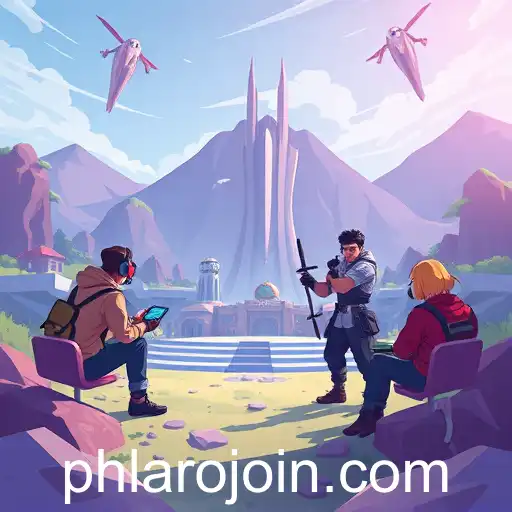
In recent years, the landscape of online gaming has transformed significantly. Platforms and websites such as phlaro have emerged as key players in the industry, offering unique experiences that cater to a broad range of gamers. As we settle into the year 2025, it's essential to reflect on how gaming trends have evolved and what challenges and opportunities lie ahead.
Phlaro, known for its user-friendly interface and innovative games, has captured the attention of gamers globally. With an emphasis on community building, phlaro has fostered a sense of belonging among its users. Players can connect, compete, and collaborate, creating a dynamic ecosystem that thrives on human interaction.
However, the gaming industry is not without its challenges. The rapid advancement in technology demands continuous innovation from companies to keep up with players' expectations. The introduction of virtual reality and augmented reality into gaming has pushed boundaries, but it also presents a set of hurdles, such as high development costs and accessibility issues for players with limited resources.
The community aspect of gaming is also evolving. Social dynamics within groups have shifted as online interactions increasingly replace face-to-face meetings. This can lead to both positive outcomes, such as inclusivity for those who may have previously been sidelined, and negative effects, such as toxicity in online interactions.
Looking forward, phlaro and other gaming platforms must focus on fostering positive communities while staying at the forefront of technological advancements. Balancing these elements is crucial in ensuring that gaming remains a constructive and enjoyable pastime.
Ultimately, as gaming becomes further embedded in our daily lives, platforms like phlaro are not just entertainment providers but significant community hubs. Their role in shaping future social interactions is as exciting as it is challenging.


